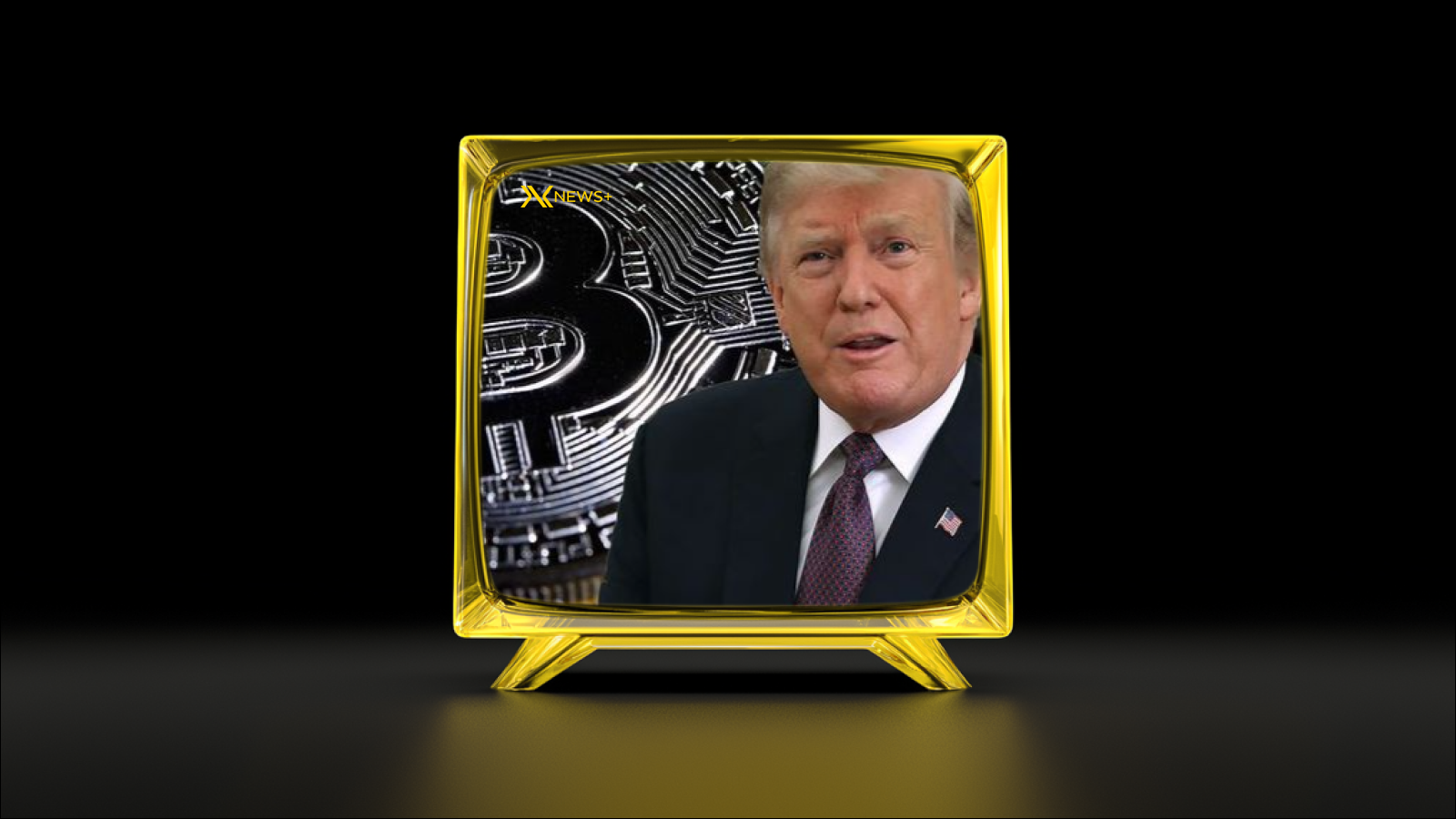Medjedovic Accused of Exploiting DeFi Smart Contract Vulnerabilities
According to investigators, Medjedovic’s actions highlight persistent issues within DeFi security that have become increasingly apparent as decentralized finance protocols gain popularity. By targeting weaknesses in smart contracts, he allegedly exploited these systems to facilitate significant losses for several platforms.
The rise of decentralized finance has transformed the cryptocurrency landscape, but with it comes an increased risk of smart contract vulnerability. Hackers like Medjedovic capitalize on these vulnerabilities, leveraging their knowledge of blockchain technology to conduct complex scams and fraud operations. The result is a significant threat not only to individual investors but also to the credibility of DeFi platforms as a whole.
This situation serves as a stark reminder of the importance of robust security measures within the DeFi ecosystem. As protocols continue to demand trust from their users, the need for comprehensive audits and improved DeFi security practices becomes ever more critical to protect against ongoing threats of cryptocurrency fraud.
KyberSwap Hack and the Hacker’s Demands
The recent hack involving KyberSwap has brought significant attention to the vulnerabilities inherent within decentralized finance (DeFi) platforms. The attack was orchestrated by exploiting smart contract vulnerabilities, allowing the hacker to siphon off substantial funds, further raising alarms around DeFi security.
In the aftermath of the hack, the attacker issued a series of demands, indicating a desire not just for financial gain but also for public acknowledgment of the flaws in the platform’s security architecture. These demands have sparked widespread discussions in the crypto community regarding the responsibility of developers to secure their systems against such breaches.
Moreover, the incident highlights the ongoing debate about the balance between transparency and security in the DeFi space. As the community grapples with the implications of cryptocurrency fraud, many are calling for enhanced protocols and safeguards to protect user funds and maintain trust in the ecosystem.
This situation serves as a stark reminder that while DeFi offers immense potential for innovation, it is also fraught with risks that can have far-reaching consequences for investors and developers alike. The fallout from the KyberSwap hack will likely influence future governance and operational standards within the DeFi sector.
Indexed Finance: From Attack to Structural Changes
The recent attack on Indexed Finance, which highlighted significant smart contract vulnerabilities, has prompted the protocol to reevaluate and enhance its security measures. This incident served as a wake-up call for many within the decentralized finance (DeFi) space, igniting discussions around DeFi security protocols and the importance of robust systems to ward off future threats.
In the aftermath of the breach, the team behind Indexed Finance took immediate actions to address the issues exposed by the attack. They initiated a comprehensive audit of their smart contracts, seeking to identify any potential weaknesses that could be exploited by malicious actors. This proactive approach not only aimed to restore trust among users but also to lay a foundation for increased resilience in their infrastructure.
Moreover, Indexed Finance has begun to implement community-engagement strategies, allowing users to have a say in the platform’s future security measures. By fostering an inclusive environment where feedback is valued, the protocol hopes to mitigate risks and adapt to the evolving landscape of cryptocurrency fraud.
Overall, the incident at Indexed Finance stands as a crucial reminder of the inherent risks associated with DeFi platforms and the continuous need for rigorous security protocols. The evolution of these systems will be pivotal in setting benchmarks for safety and efficiency in the ever-changing landscape of decentralized finance.
IRS-CI Describes the Case as a Complex Fraud Operation
The Internal Revenue Service Criminal Investigation (IRS-CI) has characterized the case against the suspect as a multifaceted cryptocurrency fraud operation. According to the agency, the enormity and intricacy of the scheme highlight how the evolving landscape of decentralized finance (DeFi) platforms can pose severe challenges to DeFi security.
IRS-CI agents have emphasized that the abuse of smart contract vulnerabilities is becoming increasingly common among cyber criminal activities targeting DeFi ecosystems. They underscored the need for enhanced security measures to mitigate these risks.
The IRS-CI also pointed out that such complex fraud attempts not only undermine the integrity of the cryptocurrency market but also have far-reaching implications for investors and regulatory frameworks. The exploitation of vulnerabilities enables malicious actors to siphon off millions, as evidenced by this case.
With law enforcement agencies ramping up efforts to combat cryptocurrency-related fraud, the IRS-CI’s description serves as a clarion call for both vigilance and innovation in DeFi security. As the industry continues to mature, the necessity for robust protective measures becomes more evident.
Frequently Asked Questions
What is the primary allegation against the Canadian individual mentioned in the article?
The individual is accused of stealing approximately $65 million from various decentralized finance (DeFi) protocols.
What specific DeFi protocols are implicated in this theft?
The article discusses multiple DeFi protocols but does not specify all of them by name; details are provided about some protocols involved.
How did the accused allegedly pull off the theft?
The accused allegedly exploited vulnerabilities in smart contracts associated with the DeFi protocols to siphon off funds.
What are the legal implications for the individual facing these allegations?
The individual could face serious legal repercussions including charges of fraud, theft, and potentially facing significant penalties depending on jurisdiction.
How is the DeFi community responding to news of this incident?
The DeFi community is expressing concerns over security measures and the need for improved audit protocols to prevent similar incidents in the future.
What impact could this incident have on the DeFi market as a whole?
This incident could undermine trust in DeFi protocols, leading to reduced user confidence and possibly affecting investments if proper security measures are not established.
Are there any steps being taken to retrieve the stolen funds?
While the article suggests there may be ongoing investigations, details on specific recovery efforts or measures to trace the stolen funds were not provided.
Disclaimer
This article is for informational purposes only and does not constitute financial or legal advice. Cryptocurrency investments are subject to risks, including market volatility and cyberattacks. Always conduct thorough research and consider seeking professional advice before engaging in cryptocurrency activities.





